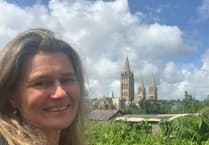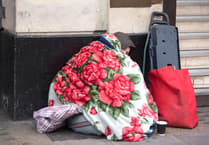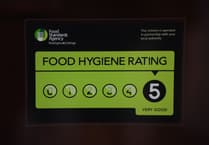ALL planned routine and urgent surgery at Cornwall’s hospitals has been suspended as medical teams struggle to cope with emergency admissions and high numbers of Covid patients.
Royal Cornwall Hospitals Trust (RCHT) Medical Director, Dr Allister Grant said: “There has been no let-up in demand and we currently have more than 40 people in hospital who are Covid positive and nearly 50 more who are contacts and need to be isolated. A large proportion of the patients admitted for other medical problems or injuries have been unaware they have Covid until tested on admission and need to be cared for in separate areas to other patients.
“With health and care services in Cornwall under continued pressure, we’ve taken the difficult decision to temporarily suspend planned routine and urgent surgery at our main hospitals, so our clinical teams can care for people needing emergency admission.
“Our staff are working flexibly and extraordinarily hard to help us care safely for the higher numbers of people in hospital with COVID.
“Anyone whose appointment needs to be changed will be contacted directly - there is no need to call us - otherwise patients should continue to come to hospital as planned, following the pre-admission instructions they will have received.
“We will go ahead with critical surgery for people with cancer, life and limb saving need, cardiology, and sight-saving procedures. We will also continue our work with the Duchy Hospital in Truro to carry out as many operations there as we can.
“Our pressures are compounded by the unprecedented demand on the ambulance service, the severity of illness of those needing emergency admission, and more than 100 people in our three hospitals who are ready to leave but are in need of care or support packages. We are working hard with our colleagues across the NHS, in social care and voluntary services to ease the pressures we are under.
“Both residents and holidaymakers can really help us, help them by making sure they choose the right services when it’s not a 999 emergency. By calling their own GP first or contacting 111, we will be able to concentrate on those in most need of specialist care and help us get ambulance crews back on the road.”




